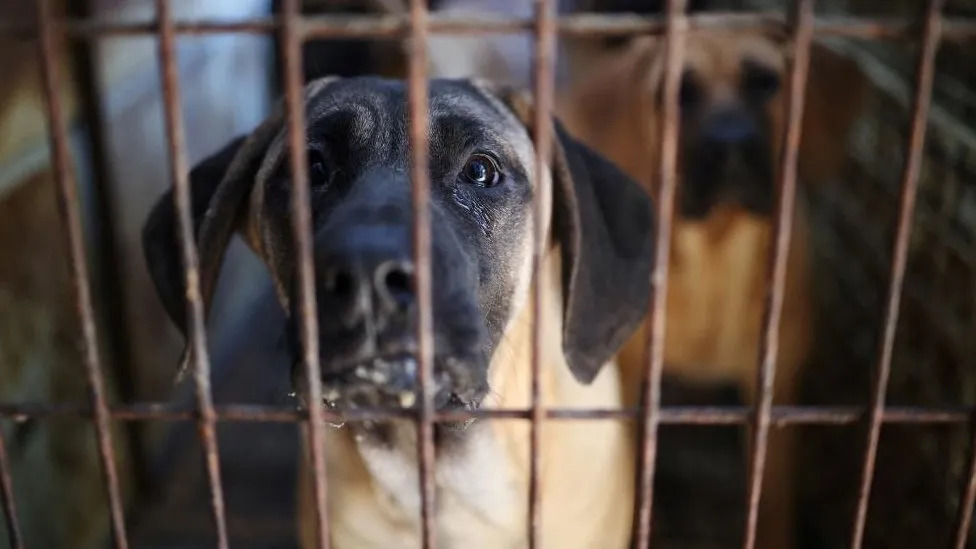Kathmandu: The slaughter and sale of dogs for their meat is to become illegal in South Korea after MPs backed a new law.
The legislation, set to come into force by 2027, aims to end the centuries-old practice of humans eating dog meat.
Dog meat stew, called “boshintang”, is considered a delicacy among some older South Koreans, but the meat has fallen out of favour with diners and is no longer popular with young people.
Under the new law the consumption of dog meat itself will not be illegal.
According to a Gallup poll last year, only 8% of people said they had tried dog meat in the past 12 months, down from 27% in 2015. Fewer than a fifth of those polled said they supported the consumption of the meat.
Lee Chae-yeon, a 22-year-old student, said the ban was necessary to promote animal rights. “More people have pets today,” she told the BBC in Seoul. “Dogs are like family now and it’s not nice to eat our family.”
The new law focuses on the dog meat trade – those convicted of butchering dogs face up to three years in prison, while people found guilty of raising dogs for meat or selling dog meat could serve a maximum of two years.
Farmers and restaurant owners have three years to find alternative sources of employment and income before the legislation comes into force.
According to government statistics, South Korea had around 1,600 dog meat restaurants and 1,150 dog farms in 2023, all of which will now have to submit a plan to phase out their businesses to their local authorities.
The government has promised to fully support dog meat farmers, butchers and restaurant owners, whose businesses will be forced to close, though the details of what compensation will be offered have yet to be worked through.
News Source: BBC
